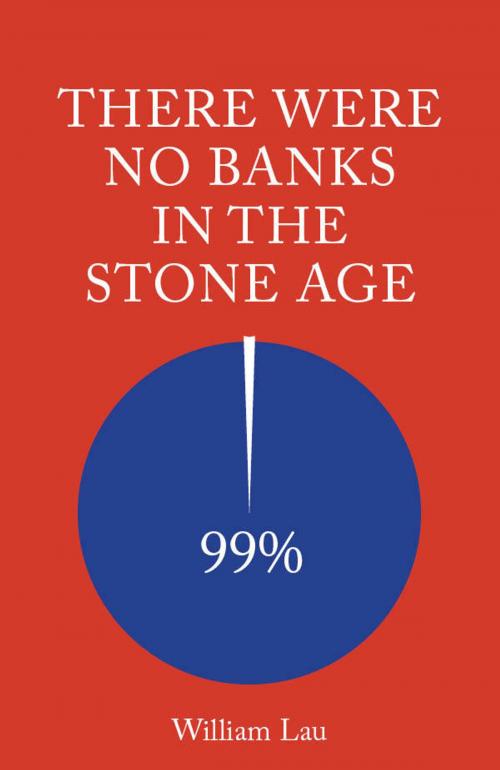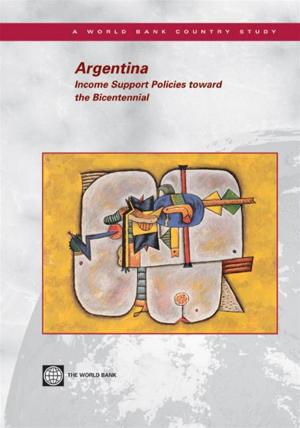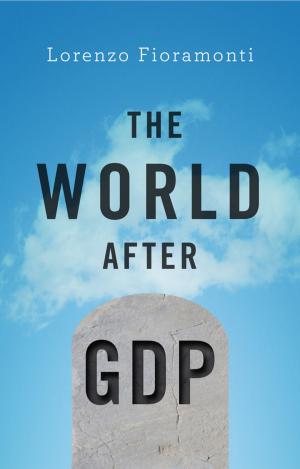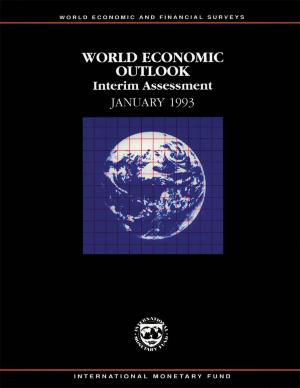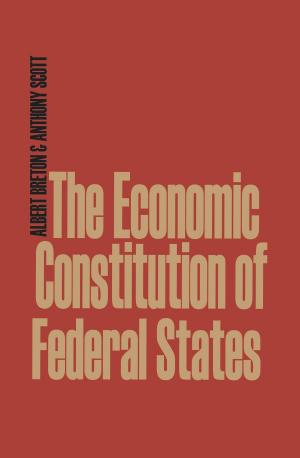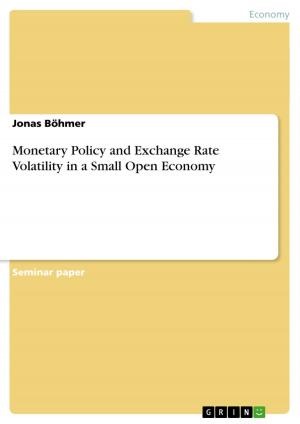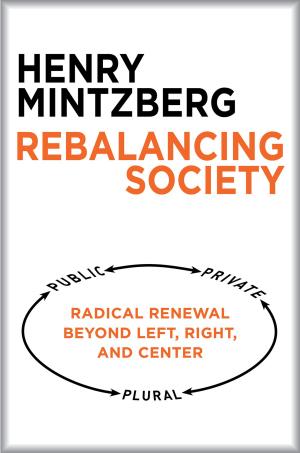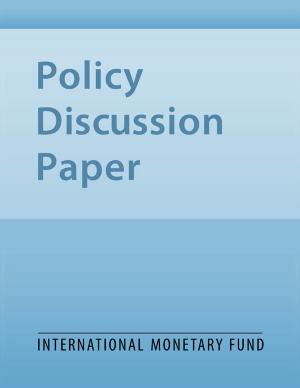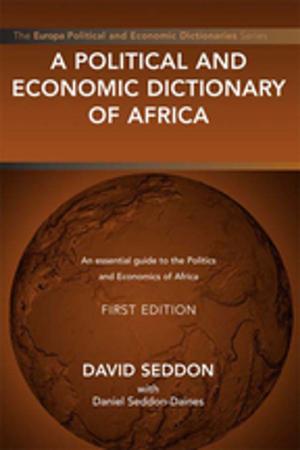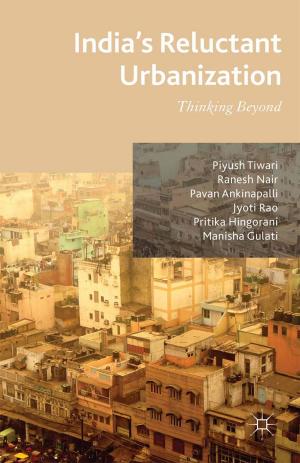There Were No Banks In The Stone Age
Nonfiction, Social & Cultural Studies, Political Science, Politics, Economic Policy| Author: | William Lau | ISBN: | 9781465881212 |
| Publisher: | William Lau | Publication: | February 19, 2012 |
| Imprint: | Smashwords Edition | Language: | English |
| Author: | William Lau |
| ISBN: | 9781465881212 |
| Publisher: | William Lau |
| Publication: | February 19, 2012 |
| Imprint: | Smashwords Edition |
| Language: | English |
Ever wonder what happened to taxpayers' TARP funds used to bail out banks and other companies during the financial crisis and who still owes the Government? What can we do about the growing Wealth Gap? Can better education and higher savings rates save America? Who really pays what share of income taxes? Besides banks and bankers, who else contributed to the financial crisis? How much do bankers really make?
The book takes a fresh, and hard-hitting look at the key issues surrounding the financial crisis and beyond, including who is to blame, what happened to the TARP money, the fairness of the income tax system, bankers' compensation, but most importantly, capitalism, the wealth gap, and the U.S. savings rate. Although an ex-banker and one of the 1%, his book including the analyses and the conclusions will surprise many on both sides of the fence, both the 1% and the 99%. Even if it doesn't change the reader's opinion about everything, it will compel the reader to re-examine many aspects of the financial crisis, the wealth gap, the low savings rate.
Among the book's conclusions:
•The 1%, i.e., the wealthy, will need to pay disproportionately more in income taxes to address the budget deficit
•The Wealth Gap is capitalism's biggest failure and needs to be corrected, but it does not mean there is something better than capitalism on the horizon
•Many people and not just banks and bankers contributed to the financial crisis
•The US will need to improve its education system and raise its personal savings rate to remain competitive in the global economy and avoid becoming a welfare state
•if and when the next crisis happens, the Government may have no choice but to bail out any failing banks again so these banks need to pay for that implied insurance policy
About William Lau
William Lau is a recently retired investment banker who spent 28 years working in two leading global investment banks in New York and Hong Kong. He is a graduate of Phillips Academy, Harvard College where he graduated Cum Laude with an A.B. degree in Economics, and The University of Chicago where he graduated with an MBA. Prior to his retirement, he was an Equity Capital Markets professional at a leading investment bank.
Mr. Lau is currently a lecturer at two leading universities.
Ever wonder what happened to taxpayers' TARP funds used to bail out banks and other companies during the financial crisis and who still owes the Government? What can we do about the growing Wealth Gap? Can better education and higher savings rates save America? Who really pays what share of income taxes? Besides banks and bankers, who else contributed to the financial crisis? How much do bankers really make?
The book takes a fresh, and hard-hitting look at the key issues surrounding the financial crisis and beyond, including who is to blame, what happened to the TARP money, the fairness of the income tax system, bankers' compensation, but most importantly, capitalism, the wealth gap, and the U.S. savings rate. Although an ex-banker and one of the 1%, his book including the analyses and the conclusions will surprise many on both sides of the fence, both the 1% and the 99%. Even if it doesn't change the reader's opinion about everything, it will compel the reader to re-examine many aspects of the financial crisis, the wealth gap, the low savings rate.
Among the book's conclusions:
•The 1%, i.e., the wealthy, will need to pay disproportionately more in income taxes to address the budget deficit
•The Wealth Gap is capitalism's biggest failure and needs to be corrected, but it does not mean there is something better than capitalism on the horizon
•Many people and not just banks and bankers contributed to the financial crisis
•The US will need to improve its education system and raise its personal savings rate to remain competitive in the global economy and avoid becoming a welfare state
•if and when the next crisis happens, the Government may have no choice but to bail out any failing banks again so these banks need to pay for that implied insurance policy
About William Lau
William Lau is a recently retired investment banker who spent 28 years working in two leading global investment banks in New York and Hong Kong. He is a graduate of Phillips Academy, Harvard College where he graduated Cum Laude with an A.B. degree in Economics, and The University of Chicago where he graduated with an MBA. Prior to his retirement, he was an Equity Capital Markets professional at a leading investment bank.
Mr. Lau is currently a lecturer at two leading universities.
